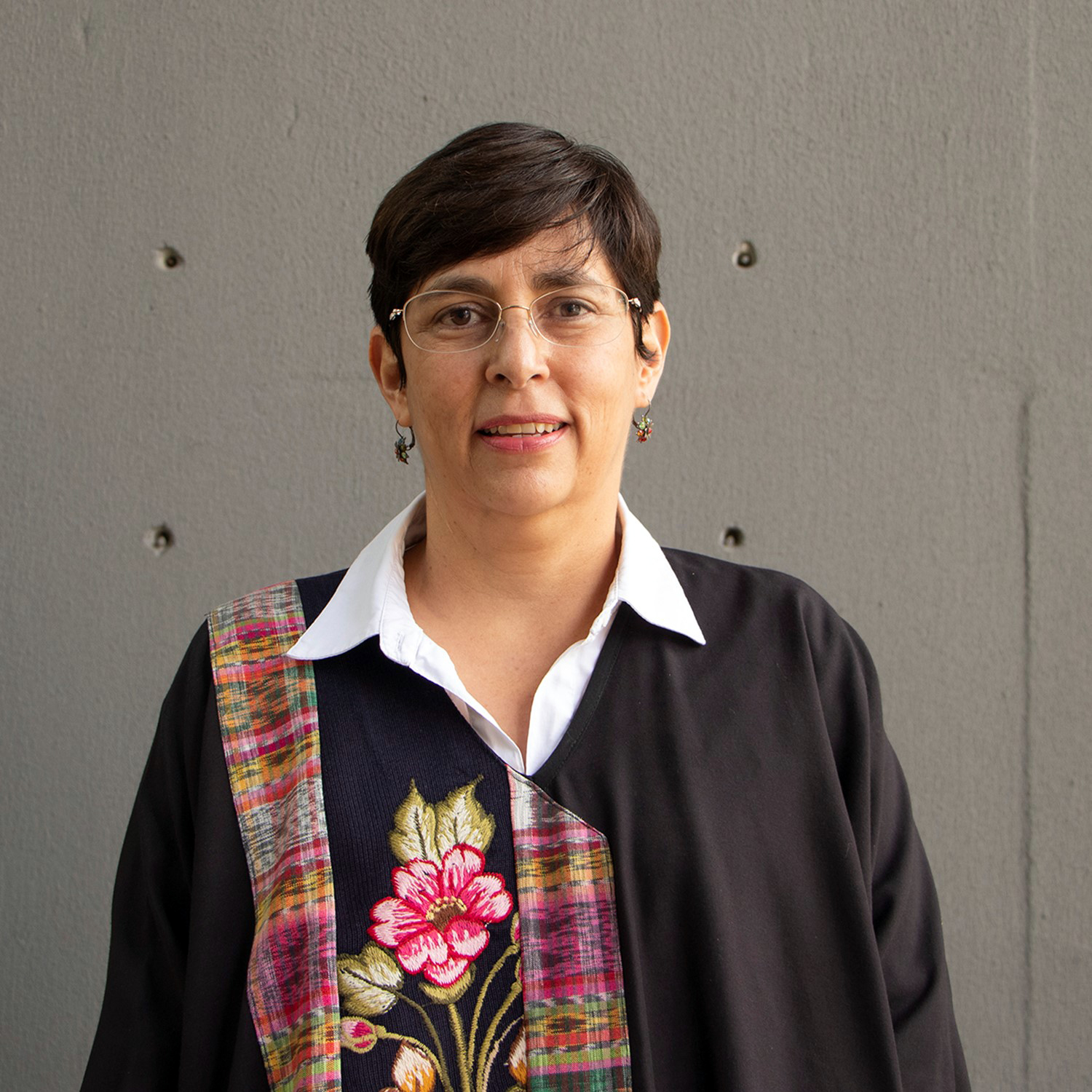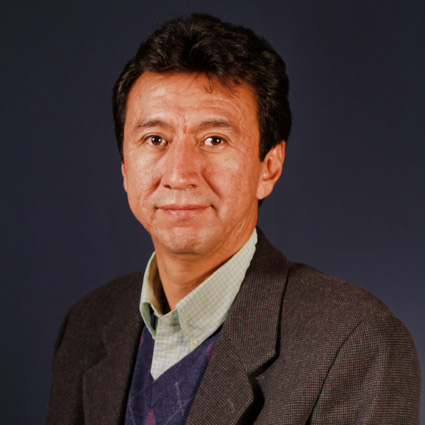Susana Castro-Obregón, Ph.D.

- Title
- Associate Professor
- Department
- Neural Development and Physiology, Neuroscience Division
- Institution
- Instituto de Fisiología Celular, Universidad Nacional Autónoma de México
- Address
-
Circuito Exterior S/N
Colonia Ciudad Universitaria - City, ZIP
- CDMX, 4510
- Country
- Mexico
- Phone
- (52)(55)5622-5676
- [email protected]
- Website
- https://www.ifc.unam.mx/investigadores/susana-castro

- Research field
- Neuroscience
- Award year
- 1998
- Country of origin
- Mexico
- Mentor name
- Dale Bredesen, M.D.
- Pew distinction
- Innovation Fund investigator
Research
During development, the size and structures of organs are the consequence of a fine balance among cell proliferation, differentiation, and death. Cell senescence has been discovered as an additional cellular process essential for development. Autophagy is a catabolic process, evolutionary conserved, implicated in all these cellular processes. It is induced by physiological signals and by nutrients and growth factors limitation, allowing the cell to survive for longer periods by recycling components and eliminating damaged macromolecules and organelles. Autophagy dysregulation is a key factor in the onset of cancer, neurodegeneration, metabolic diseases, etc. and its efficiency is reduced with ageing. We study the molecular basis for autophagy regulation and its influence in cell fate during nervous system development and aging. We take a comparative biology approach, investigating the function of autophagy and cellular senescence in species with different aging rates. We compare mice and rats with naked mole rats, which have negligible aging, and with the nonhuman primate marmoset, which has accelerated aging.
As an Innovation Fund investigator, Susana Castro-Obregón, Ph.D., is teaming up with Ivan Velasco, Ph.D., to explore the protective mechanisms against aging in naked mole rats (NMRs) and Mexican axolotls. Specifically, the pair will examine how autophagy, the cellular process of clearing away debris and damaged cells, contributes to the longevity and regenerative properties in these unique organisms. As we age, autophagy often becomes dysregulated and can contribute to neurodegeneration and the buildup of damaged cells. NMRs not only have an extended lifespan of over 30 years, but neuronal function in these animals is also well maintained at old age. Mexican axolotls are known to possess regenerative capabilities and can regrow both their spinal cords and part of their brains after mechanical damage. Combining expertise from Velasco’s work in neuronal biology and Castro-Obregón’s research in autophagy, the pair aims to take advantage of these unique animals to explore autophagy in the context of neurodegeneration and aging. They will employ molecular, cellular, and pharmacological approaches to compare how autophagy and cell senescence function in NMRs and will use sequencing methods to dissect changes in genes related to autophagy in these animals. This work has the potential to advance our understanding of neural regeneration and inform new approaches for the treatment of neurodegenerative disorders such as Alzheimer’s and Parkinson’s diseases.
